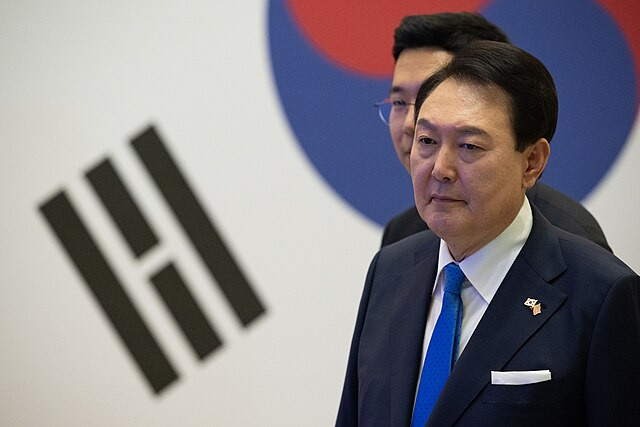Despite South Korea's "Hantech" trend gaining traction, global index provider MSCI has once again classified South Korea as an emerging market in its latest market classification review, aligning with market expectations.
The South Korean government's efforts to elevate the market status were overshadowed by recent short-selling restrictions, which diminished the impact of positive initiatives.
In a statement released on Thursday, MSCI noted that the recently implemented short-selling ban has increased market access restrictions. MSCI acknowledged and welcomed South Korea's recent measures aimed at improving stock market accessibility but cautioned that a potential reclassification requires resolving all issues, fully implementing reforms, and allowing market participants sufficient time to evaluate these changes' effectiveness.
This decision means South Korea will remain in the MSCI Emerging Markets Index alongside economies such as China and India.
The South Korean government had previously introduced a series of reforms, leading investors to anticipate that South Korea's $1.9 trillion stock market might be upgraded to developed market status. However, the authorities' decision to ban stock short-selling at the end of last year significantly impacted market accessibility and liquidity, dashing these expectations.
As previously reported by Wall Street Journal, the South Korean government announced plans this month to increase penalties for illegal activities such as naked short-selling, with severe financial crimes facing up to life imprisonment. Both retail and institutional investors will be subject to the same repayment terms and margin requirements to ensure a fair trading environment. Additionally, the short-selling ban has been extended until the end of the first quarter next year.
MSCI annually classifies stock markets as developed, emerging, frontier, or standalone markets based on economic development, size and liquidity requirements, and market accessibility.
Ahead of the June 20 market classification announcement, MSCI released its annual market accessibility assessment report. The report indicated no improvement in South Korea's accessibility rating, with its stock short-selling accessibility downgraded from "+" to "-". This marks MSCI's first market accessibility evaluation since South Korea's comprehensive short-selling ban last November.
In the short term, whether South Korea can regain MSCI's favor remains uncertain. The government and regulatory authorities face the challenge of balancing financial stability with enhancing market attractiveness. The future direction of the South Korean market will depend on how policymakers address these complex market dynamics.




